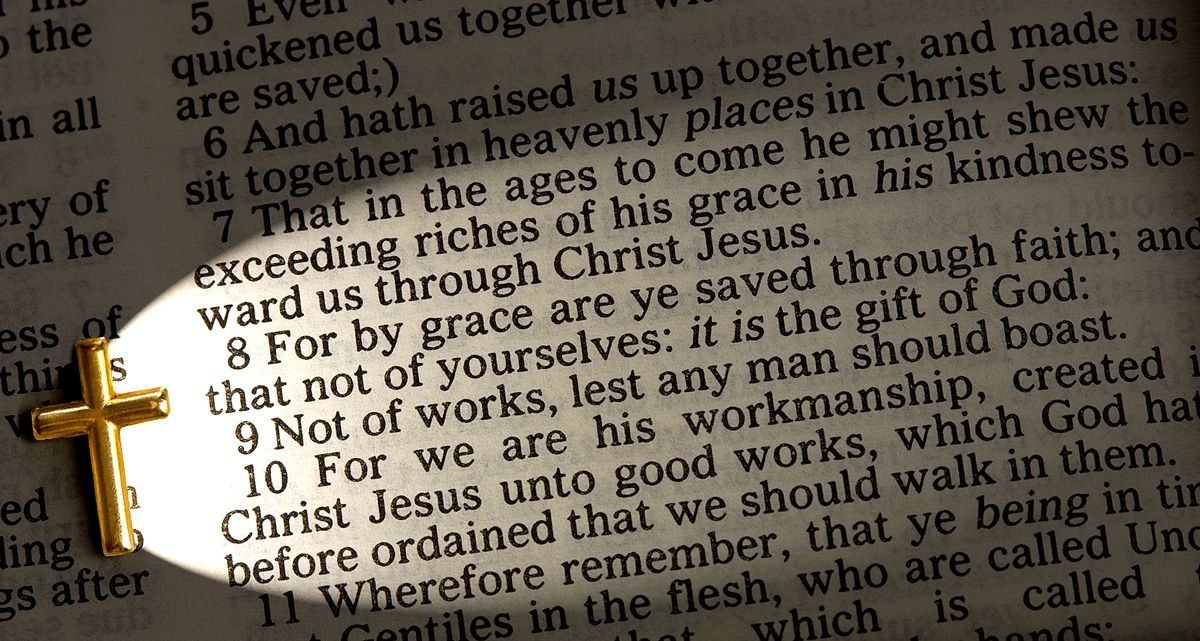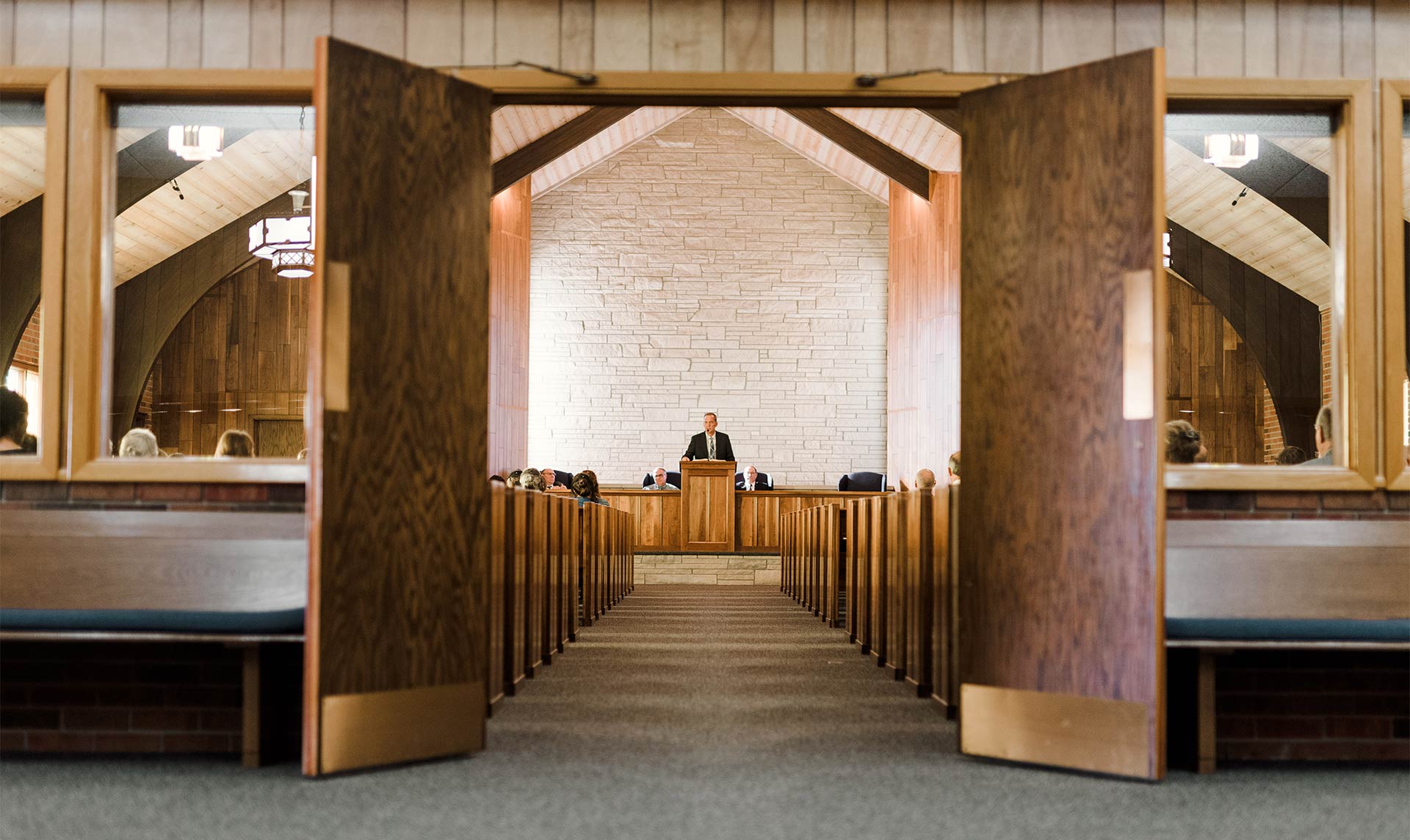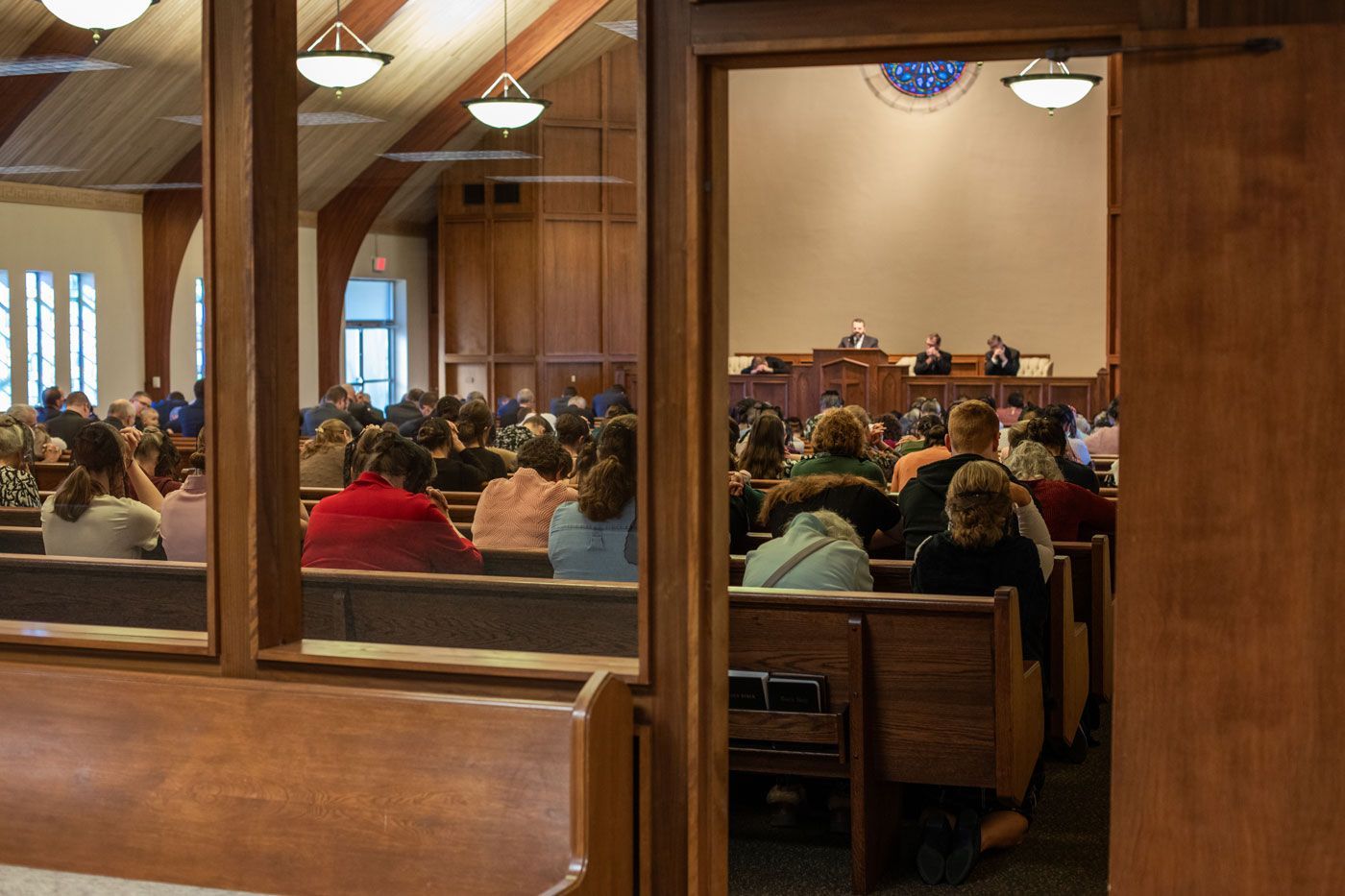Because he first loved us
"A new commandment I give unto you, That ye love one another; as I have loved you, that ye also love one another." John 13:34

We often hear the phrase "put first things first" in relation to establishing priorities. The New Testament uses the word "first" in several instances which clearly describe where our hearts and lives should be focused.
When Jesus was asked what was the greatest commandment in the law, He responded with the same "thou shalt" statement which Moses spoke as he summed up the law for the children of Israel (Deut. 6:5). "Thou shalt love the Lord thy God with all thy heart, and with all thy soul, and with all thy mind." Then Jesus underscored this by saying, "This is the first and great commandment" (Matt. 22:37-38). Jesus went on to command: "Thou shalt love thy neighbor as thyself." He then summed up the entire subject by stating: "On these two commandments hang all the law and the prophets" (Matt. 22:39-40).
How can we come closer to fulfilling these two great commandments? Jesus expanded on these truths when he said to his disciples: "A new commandment I give unto you, That ye love one another; as I have loved you, that ye also love one another." He then explained the significance of obeying this commandment: "By this shall all men know that ye are my disciples if ye have love one to another" (John 13:34-35). Jesus set a very high standard with this "new" commandment, but he asks of us no more than what he has freely given to us: unconditional, self-sacrificing love. We might also ask, "How can we come closer to loving as he has loved us?"
One of the key elements in answering these questions is found in 1 John 4:19: "We love him because he first loved us." We cannot as humans ever come close to fulfilling the love commandments unless we have received Christ's love into our hearts. Christ-like love cannot be produced independently in the heart of man. It can only be experienced and shared once it has been received from him through repentance and rebirth.
Every believer has experienced a time in life when it was recognized that the only answer to his hopelessly lost condition was to be found by grace through faith in the sacrificial death and shed blood of Jesus Christ. This required establishing a deep personal relationship with Christ as one's Savior, which can be described as our "first love." Grasping the reality that the kindest, most loving individual who ever lived, the sinless Son of God, was willing to die a horrible death for the sins of rebellious human beings, allows one to be immersed in a love which is beyond description. This "first love" provides a foundation for the believer to build upon and return to for his entire life. When Jesus taught the importance of his disciples abiding in him so that they could bear much fruit, he entreated: " ... continue ye in my love" (John 15:7-9).
-----------------CONTINUED PORTION BELOW--------------------
When we take time to reflect upon the marvelous truths that our sins have been forgiven and that we are God's children and joint-heirs with Christ, it should bring sincere thankfulness and refresh our first love. We are strongly warned in Romans 2:4-5 that we could become hardened and forget the "goodness and forbearance and longsuffering" of God. We are reminded that it is "the goodness of God (that) leadeth thee to repentance." We are blessed to have so many relevant examples and warnings in the Old Testament to help us avoid the same pitfalls that were a snare to the children of Israel (1 Car. 10:6). The word "remember" is used countless times in the Old Testament for obvious reasons. When the Israelites were being prepared to enter the Promised Land, Moses gave some very strong warnings about not forgetting how God had been so good and merciful to them. He spoke of how their appreciation might fade when they would have plenty to eat, goodly houses and the blessings of a fruitful land. "Beware that thou forget not the Lord thy God, in not keeping his commandments, and his judgments, and his statutes, which I command thee this day" (Deut. 8:10-17). Instead of love and thanksgiving towards God, they were forewarned that they might say: "My power and the might of mine hand hath gotten me this wealth" (Deut. 8:17).
Again, we might ask, "How could this ever happen to me?" Let us consider carefully the example of a church in the early years of Christianity which was directly addressed by the Lord Jesus and chastised for having lost its "first love" (Rev. 2:4). We quickly learn that this church was fruitful in many areas. They were commended for good works and for patience. They were diligent in identifying and addressing sin and false teachers. They had a spiritual stamina in their labors and "had not fainted" under the pressures of their time. The crucial element which was missing is revealed when Jesus pleads with them to repent and "remember therefore from whence thou art fallen" (Rev. 2:5). They had fallen "away" from the keen remembrance of what Christ had done for them and thus had blurred their identity as his disciples. They were doing many right things, but not for the right reason. They were not motivated by the love of Christ. The Apostle Paul taught that we could be eloquent teachers and prophets, understand mysteries, have great faith to remove mountains, give abundantly to the poor (good works) and live a life of ultimate self-denial but without charity all of this would profit nothing. (1 Car. 13:1-3).
We should now come to the moment of truth and undertake sincere, personal self-examination. As we look deeply into our hearts, do we see a faded, flickering ember of that first love, or is there a bright flame of passion which drives everything that we do? The Apostle Paul spoke often of this vibrant love and commitment. One of the phrases he used gives a wonderful picture of being motivated by Christ's love. He said, "the love of Christ constraineth us" (2 Car. 5:14).
How thankful we can be that the message to the Ephesians included a clear path for regaining what had been lost. That path is repentance. Repentance is an acknowledgment of heading in the wrong direction, humbling oneself in godly sorrow and, by God's grace, having a change of mind and turning around. One of the indications of putting "first things first" will be how much our thought life revolves around remembering what Christ has done for us. Much of the evidence of being refreshed in our first love for Christ will be fulfillment of the "new commandment," by obeying the beautiful exhortation found in Hebrews 13:1: "Let brotherly love continue." This we can do "because He first loved us" (1 John 4:19).









